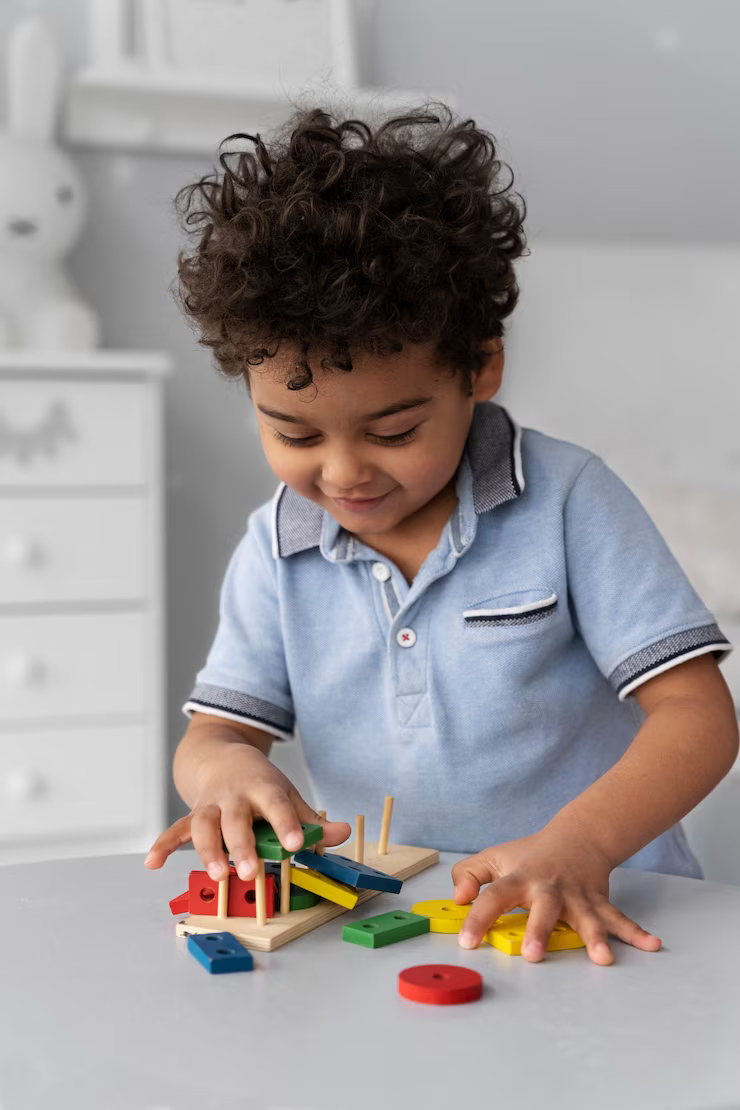Diseases | Children's Care | Autism / ADHD
A heartbreak (divorce of parents, death of a pet, moving from the childhood home). A fright (locked in a car trunk, or almost killed in a car accident) changing schools difficult delivery when being born, sometimes with a trauma to the head from the use of forceps or suction, sometimes with temporary lack of oxygen. The long term effects of an operation, because of sensitivity to anesthesia severe diarrhea with dehydration recurrent antibiotic intake the death of a family member. Autism/ADHD children into four major groups, which I will call the Support-Needy, the Stimulation/Excitement Seekers, the Destructive ones, and the Changeable/Restless.

Behaviour Patterns
The Support-Needy Ones
1) Hypersensitive to environmental factors moody (anger and tears) and impressionable lazy and apathetic, day dreamer inconsistent thoughts, cannot materialize what he thinks (theorizing), thoughts come too fast, they cannot stay put in one channel.
2) Fictious thoughts, builds castles in the air inability to concentrate, weakness of memory
3) Slow learners, need to ‘mull’ things over; it leads to being perceived as ‘dumb’, even by the child himself passionate indulgence to achieve unnecessary objects with mental restlessness
4) Easily fatigued, mentally and physically with a desire to lie down
5) Complain they want to do something but they don’t know what anxieties and phobias in children: fear of darkness, being alone, animals, going to school, fear of failure in school, fear of being laughed at aversion to be in company of strangers, crowds; likes to be one-on-one, being with his one ‘best’ friend or would rather play by himself
chronic worriers: about leaving home, coming too late at school, not performing well at school, about the welfare of their parents, sensitive about horrible things they see on TV, in the street (they are greatly disturbed by them)
6) Lack of discipline, untidy appearance
very attached at the home, does not want to leave family to go to summer camp; cries when having to go to school, hangs on to the mother and looks for constant reassurance; invites friends to come play at his home, does not want to play at friend’s home unless it is in the immediate neighborhood
7) When family splits (divorce), this child can feel lost and will join a gang, ‘just to belong’; or he suddenly changes his behavior from easy going to very volatile, even aggressive behavior (cursing, inappropriate sexual behavior, kicking,punching holes in the wall, etc.)
when sick, is very clingy, wants constant reassurance, wants to be held or have mother at home.
8) Loves playing in nature, in the woods, camping on an island, loves all kinds of animals and dogs are often their only friend
cannot tolerate noise and crowded places
9) Standing in one place tortures him most, but dislikes exercise except being in the water (pool, ocean)
10) Very stubborn: can brood for hours, can throw temper tantrums when refused something, likes to collect things: cards, memorabilia, ‘antiques,’ toys and dislikes to share them except with his best friend
loves food in general, eats or snacks all the time; favorites are rich, creamy foods, ice cream, milk although it often disagrees, meat; chews on his pencil or as a baby eats sand at the beach
11) Timidity: in conversations, at parties, at school: they don’t like the attention drawn to them, don’t like to be looked at; avoid taking initiative, are always followers, never a leader even to the point of cowardice
